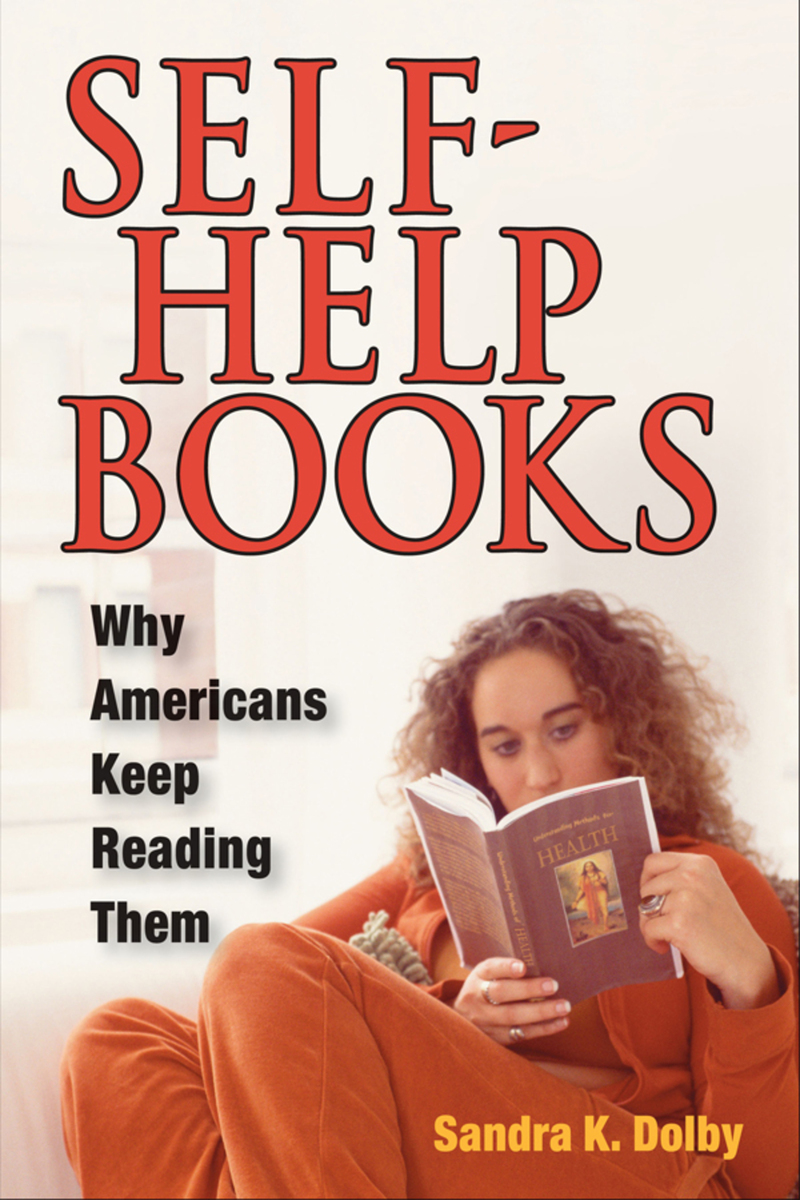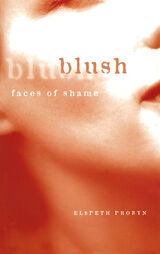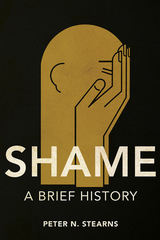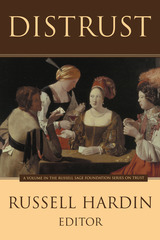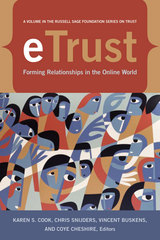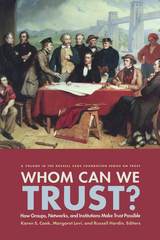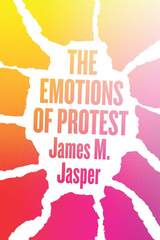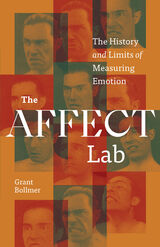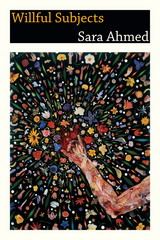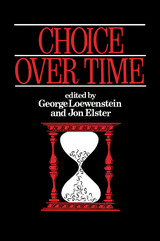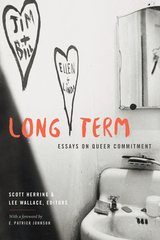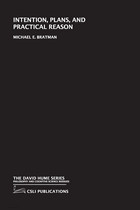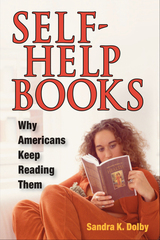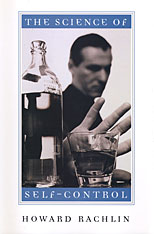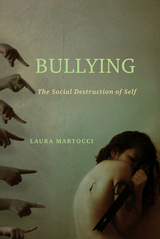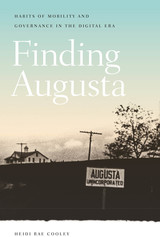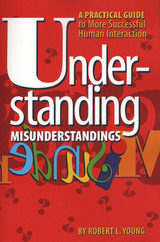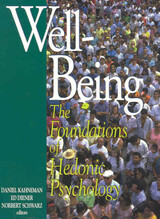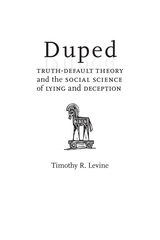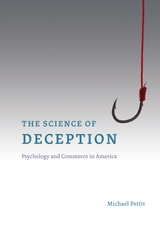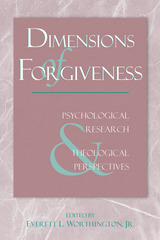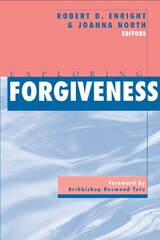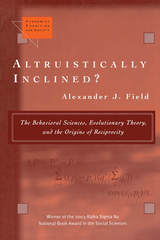Paper: 978-0-252-07518-6 | Cloth: 978-0-252-02974-5 | eISBN: 978-0-252-09099-8
Library of Congress Classification BF632.D65 2005
Dewey Decimal Classification 646.700973
Understanding instead of lamenting the popularity of self-help books
Based on a reading of more than three hundred self-help books, Sandra K. Dolby examines this remarkably popular genre to define "self-help" in a way that's compelling to academics and lay readers alike. Self-Help Books also offers an interpretation of why these books are so popular, arguing that they continue the well-established American penchant for self-education, they articulate problems of daily life and their supposed solutions, and that they present their content in a form and style that is accessible rather than arcane.
Using tools associated with folklore studies, Dolby then examines how the genre makes use of stories, aphorisms, and a worldview that is at once traditional and contemporary. The overarching premise of the study is that self-help books, much like fairy tales, take traditional materials, especially stories and ideas, and recast them into extended essays that people happily read, think about, try to apply, and then set aside when a new embodiment of the genre comes along.
See other books on: Folklore & Mythology | Popular Culture | Self-help | Self-help techniques | United States
See other titles from University of Illinois Press
